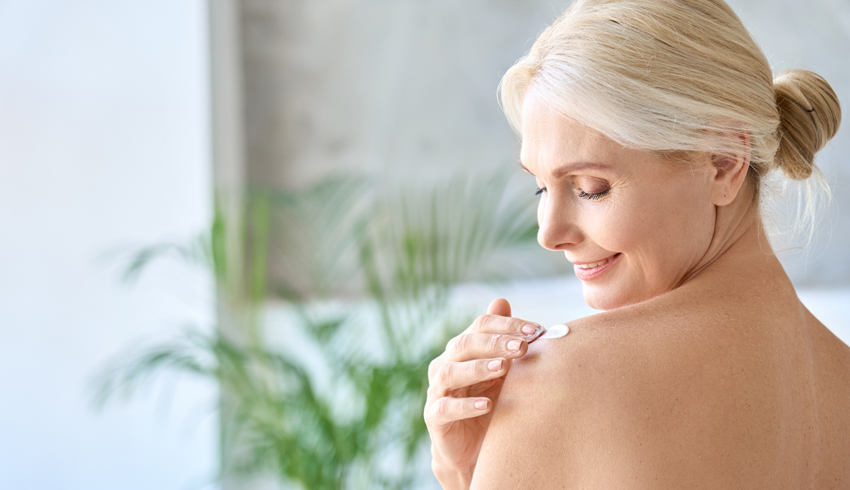Can Loofahs Spread Acne? Unveiling the Skincare Secret
In the realm of skincare, the question most beauticians ponder over at some point is, can loofahs spread acne? As skincare enthusiasts, it's crucial to understand the impact of skincare tools on our clients' skin. Loofahs, often considered as a staple in exfoliation routines, might seem like innocent bath accessories. However, they could be the hidden culprits behind acne flare-ups. Let's delve into why this happens and how beauticians can ensure their clients achieve smooth, acne-free skin.
:max_bytes(150000):strip_icc()/back-view-of-senior-woman-applying-cream-on-neck-1125579154-af53c8f013b749e79e49eea54ac27e07.jpg)
The Anatomy of Loofahs: Harbouring Harm?
Loofahs are made from the fibrous skeleton of a fruit related to the cucumber, designed to scrub away dead skin cells. While they are praised for enhancing skin texture, they can harbor bacteria, fungi, and molds due to their porous structure. Moist environments, like bathrooms, can exacerbate this, providing a perfect breeding ground for microbes that can potentially lead to skin issues and aggravate acne.
Link Between Loofahs and Acne: Unmasking the Mystery
Acne is already a complex condition with its roots in clogged pores, excess oil, and inflammation. Adding bacteria-laden loofahs to this volatile mix might worsen or trigger acne. For beauticians looking to advise their clients on deep cleaning body wash for acne, understanding this correlation becomes essential.
Using Loofahs Safely: Pro Tips for Beauticians
To reduce the risk of acne spread, its advisable to wash loofahs thoroughly and allow them to dry completely. Advising clients to replace their loofahs regularly is also paramount. Another effective strategy is using different loofahs for different body parts to prevent cross-contamination.
Alternatives to Loofahs: Safe Exfoliation Techniques
Beauticians might consider recommending alternatives that pose less risk for acne-prone skin. Tools like silicone scrubbers or konjac sponges are excellent options. Furthermore, guiding clients on how to exfoliate acne-prone skin at the right intervals can help minimize irritation and prevent outbreaks.
Expert Tips: Minimizing Acne Risk with Proper Skincare
For a holistic approach to preventing acne, advise clients on using body washes specifically formulated for acne-prone skin. For more guidance, refer to this list of recommended products. Regularly encouraging hygienic skincare practices and offering personalized tips based on individual skin types can significantly improve results.
Improving Skincare Outcomes: The Role of Beauticians
Educating clients about the common shower mistakes can also aid in reducing acne. Clients often overlook simple factors like water temperature or the frequency of exfoliation which can affect their skin condition. With the right guidance and products, such as exfoliators for specific skin concerns, beauticians can help clients transform their skincare routine effectively.
Stay Informed: The Evolving World of Skincare
The beauty industry is ever-changing, with new research continually emerging. Beauticians must stay updated with the latest skincare science to make informed recommendations. Exploring resources like showering tips for acne helps to widen our understanding and improve client outcomes.

FAQs: Loofahs, Skincare, and Acne
Can regular use of loofahs clear body acne?
No, while loofahs can exfoliate, they do not clear acne and may worsen it if not properly maintained.
How often should loofahs be replaced?
Ideally, loofahs should be replaced every 3 to 4 weeks to minimize contamination risks.
What are safe exfoliation alternatives?
Silicone scrubbers and konjac sponges are great alternatives for gentle, safe exfoliation without spreading acne.
This article contains affiliate links. We may earn a commission at no extra cost to you.

